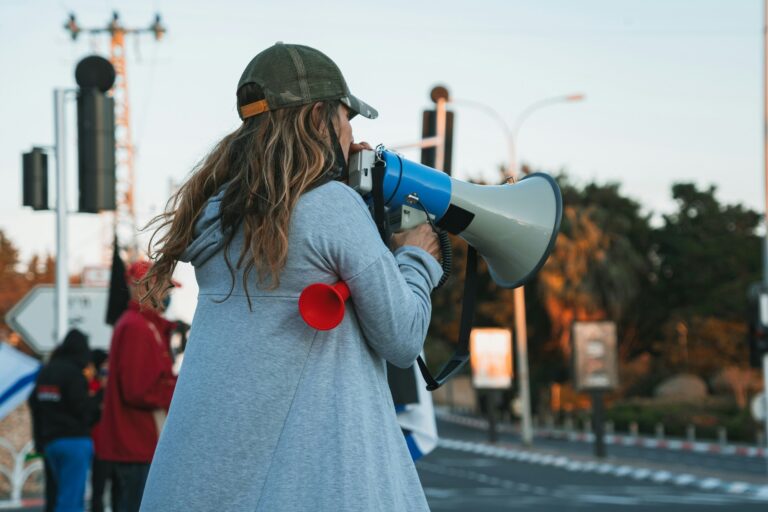Intersectionality, a concept pioneered by Kimberlé Crenshaw, has become a cornerstone of modern feminist theory and activism. It recognizes that individuals experience overlapping forms of oppression and privilege based on intersecting social identities such as race, gender, class, sexuality, and ability. In this article, we delve into the significance of intersectionality in the activism of minority women, exploring how it shapes their experiences, perspectives, and strategies for social change.
Historically, feminist movements have often been criticized for prioritizing the concerns and experiences of white, middle-class women, while marginalizing the voices of women of color, low-income women, and LGBTQ+ women. Intersectionality challenges this narrow focus by highlighting the ways in which multiple forms of oppression intersect and compound to shape individuals’ lives. For minority women, this means confronting not only sexism but also racism, classism, homophobia, transphobia, and other forms of discrimination.
One of the key insights of intersectionality is that social justice movements must address the interconnected nature of oppression to create meaningful change. This is
particularly relevant for minority women’s activism, which encompasses a wide range of issues and concerns. From reproductive justice and healthcare access to economic inequality and environmental justice, minority women’s activism adopts a multifaceted approach that recognizes the complex ways in which intersecting systems of oppression impact their lives.
For example, reproductive justice, a framework developed by women of color activists, goes beyond the narrow focus on abortion rights to encompass broader issues such as access to contraception, maternal healthcare, and the right to parent in safe and supportive environments. By centering the experiences of marginalized women, reproductive justice activists highlight the ways in which race, class, and other intersecting identities shape individuals’ access to reproductive healthcare and decision-making.
Similarly, economic empowerment initiatives led by minority women recognize the unique challenges faced by women of color in the workforce, including wage discrimination, occupational segregation, and lack of access to affordable childcare and paid family leave. By advocating for policies that address these intersecting barriers, economic empowerment activists aim to create more equitable and inclusive economic opportunities for all women.
In addition to addressing structural inequalities, intersectionality also emphasizes the importance of inclusivity and representation within social justice movements. Minority women’s activism strives to amplify the voices of those who are often marginalized within mainstream feminist and activist spaces, including women of color, immigrant women, disabled women, and LGBTQ+ women. By centering the experiences and perspectives of these individuals, intersectional activists ensure that their movements are truly inclusive, equitable, and representative of the diverse voices within their communities.
Intersectionality is a powerful framework that has transformed the landscape of minority women’s activism. By recognizing the interconnected nature of oppression and privilege, intersectional activists are able to address the complex and intersecting challenges faced by marginalized women, from reproductive justice and economic empowerment to environmental justice and beyond. By embracing intersectionality, we can ensure that our activism is truly inclusive, equitable, and representative of the diverse voices within our communities, ultimately working towards a more just and equitable world for all.


